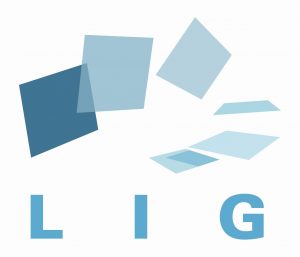The manuscript entitled First International Competition on Runtime Verification – Rules, Benchmarks, Tools, and Final Results of CRV 2014 has been accepted for publication in Software Tools for Technology Transfer, a Springer journal.
Below is an abstract of the paper
The First International Competition on Runtime Verification (CRV) was held in September 2014, in Toronto, Canada, as a satellite event of the 14th international conference on Runtime Verification (RV’14). The event was organized in three tracks: (1) offline monitoring, (2) online monitoring of C programs, and (3) online monitoring of Java programs. In this paper we report on the phases and rules, a description of the participating teams and their submitted benchmark, the (full) results, as well as the lessons learned from the competition.
Supplementary material, that is the benchmarks and participant’s evaluation scripts on the Inria GitLab repositories available at:
- https://gitlab.inria.fr/crv14/benchmarks for benchmarks.
- https://gitlab.inria.fr/crv14/evaluation for evaluation scripts.
This is joint work with Ezio Bartocci and Borzoo Bonakdarpour, greatly improved by the contributions of the participants to the competition Christian Colombo, Normann Decker, Klaus Havelund, Yogi Joshi, Felix Klaedtke, Reed Milewicz, Giles Reger, Grigore Rosu, Julien Signoles, Daniel Thoma, Eugen Zalinescu, and Yi Zhang.
Acknowledgment
The competition organizers, E. Bartocci, Y. Falcone, and B. Bonakdarpour, are grateful to many people. The competition organizers would like to warmly thank all participants for their hard work, the members of the runtime verification community who encouraged them to initiate this work, the Laboratoire d’Informatique de Grenoble and Christian Seguy for its support, Inria and its GitLab framework, and finally the DataMill team for providing us with such a nice experimentation platform to run all benchmarks.
All the authors acknowledge the support of the ICT COST Action IC1402 Runtime Verification beyond Monitoring (ARVI). Ezio Bartocci acknowledges also the partial support of the Austrian FFG project HARMONIA (nr. 845631) and the Austrian National Research Network (nr. S 11405-N23) SHiNE funded by the Austrian Science Fund (FWF).
The authors are grateful to the insightful reviewers who helped improving the quality of this paper.




